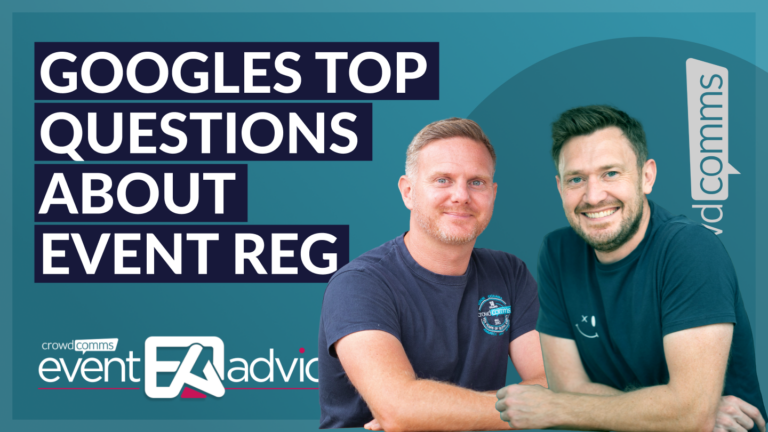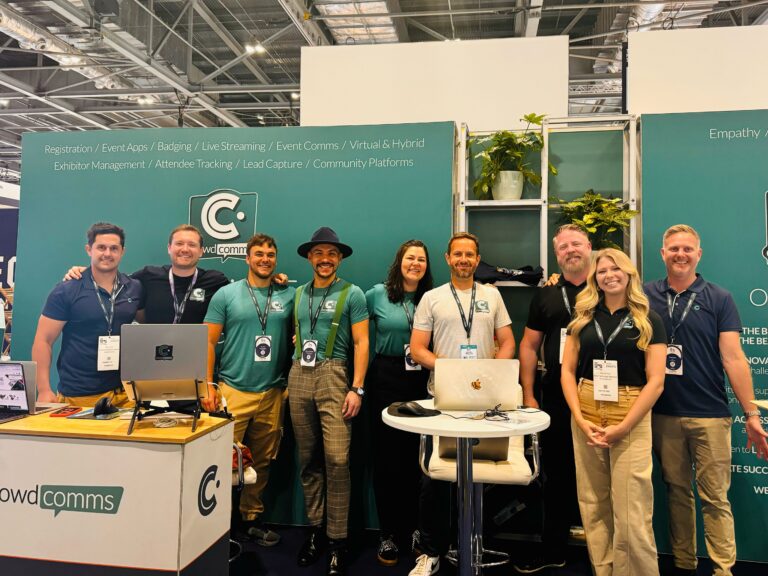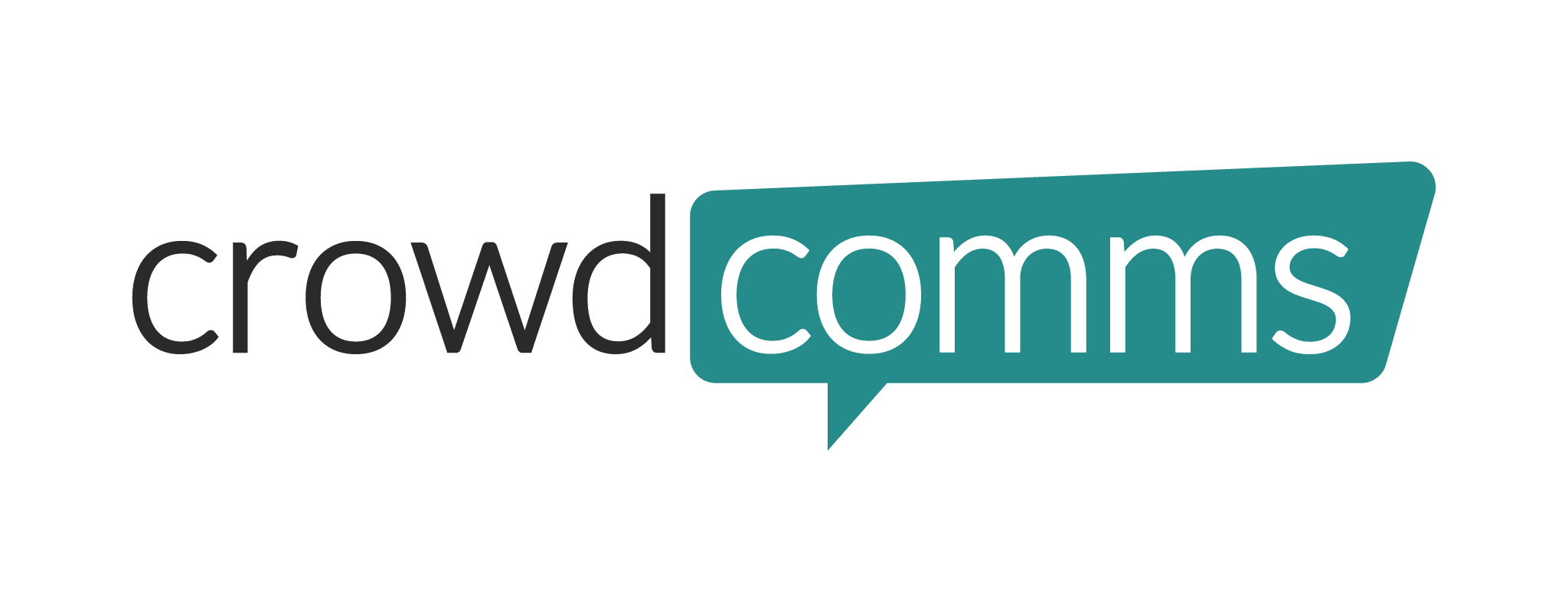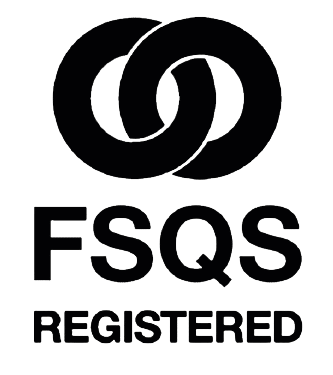As we are coming to the end of the decade, it seems like a good time to reflect. The 2010s have certainly bought about rapid change in the tech we use in our day to day lives. The same goes for the event app, a tool that has become a staple for event planners in 2019. So, let’s take a trip through the decade of the event app.
Early 2000s
Before event apps, the printed programme reigned supreme. The agenda, speaker profiles, sponsors and more had to be printed and bound into thick event programmes. This meant that any last-minute changes would mean a huge expense and waste of paper. With regards to attendee engagement in sessions, the old-fashioned ‘hands up’ method was favoured by speakers. Of course, this presented some difficulty when it came to data collection. Handheld keypads had a degree of success from around 2007 to 2010, allowing attendees to vote anonymously and successfully capturing data- arguably they paved the way for engagement features on event apps.
2010-2013
Around the year 2010, event apps first appeared on the scene. However, they were still in their infancy and were therefore adopted cautiously by event organisers. Their growth coincided with the smartphone revolution. By 2012 almost all flip-phones had been replaced with iPhones, Androids and Blackberries (what a throwback!). People were beginning to familiarise themselves with apps and now had the technology in their pockets to use an event app.
Early event apps were mostly used as a replacement for printed programmes, they were simple but allowed for quick changes to content. However, many organisers still held onto printed programmes alongside their event app- old habits die hard!
2014-2016
Event apps became mainstream after 2014. Now that the majority of attendees were familiar with an event app, the features they expected changed. It was no longer sufficient for an event app to act as a digital programme, attendees expected more. Engagement features such as live polling, Q&A and gamification became common attributes of event apps. This allowed attendees to take part in their sessions in a whole new way, as well as presenting new opportunities to network. The event organisers benefitted too, instant data collection revolutionised the post-event survey and taught organisers more about their attendees.
From 2014 to 2016 we saw a marked shift from data focused event apps to engagement focused event apps.
2017
A crucial moment in the event app timeline came when Apple changed their app store guidelines in 2017. Apple added new rules banning apps created from commercialised templates, leading to some believing the end of the white label event app had come! However, Apple soon amended this and clarified their intentions. This started a movement towards quality over quantity.
2018-2019
At the end of the decade, all-in-one tech solutions are emerging. Event tech providers are collaborating with one another to provide this option for event organisers. Your registration, payments, event app building and badge-printing software can now be integrated into one system. New event tech features such as way-finding, lead capture and VR are now becoming mainstream.
2020 and beyond…
It’s been quite the decade for event apps! Keep an eye on the CrowdComms blog for our 2020 event tech predictions.





